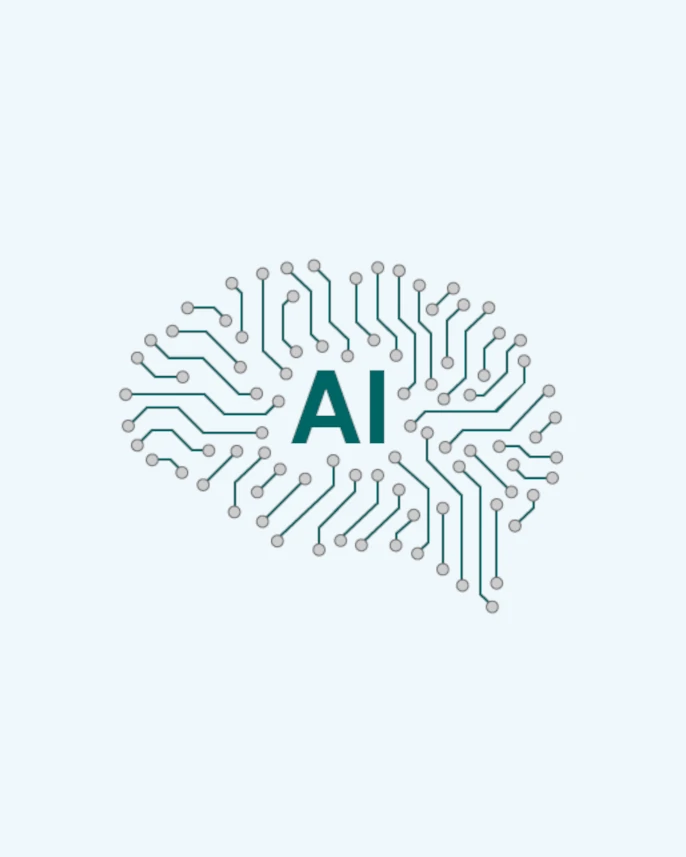Artificial Intelligence (AI) is a branch of computer science focused on creating systems capable of performing tasks that typically require human intelligence. These tasks include learning, reasoning, problem-solving, perception, and language understanding. In essence, AI is all about creating machines that can think and learn like humans, but with speed and accuracy far beyond human capabilities.
The Mechanism behind AI
AI utilizes a combination of large datasets, fast processing, and intelligent algorithms to learn and adapt to new information. It’s capable of identifying patterns, making predictions, and drawing conclusions based on its learning. Machine learning and deep learning are two key components of AI that facilitate this process.
Machine learning involves the use of statistical methods to enable machines to improve at tasks with experience. It’s an application of AI that provides the system with the ability to learn and improve from experience without being explicitly programmed. For instance, when you shop online, the recommendations you receive are a result of machine learning. The system learns your preferences based on past behavior and makes relevant suggestions.
Deep learning, on the other hand, is a subset of machine learning that mimics the workings of the human brain in processing data for decision making. It’s a type of artificial neural network with multiple layers between the input and output layers. By adding these intermediary layers, the system can learn complex patterns. Deep learning is behind some of the most advanced AI applications, like self-driving cars, where the system learns to recognize objects, interpret signals, and make decisions.
Applications of AI: Where It’s Used
The applications of AI are widespread and growing. Let’s explore some sectors where AI has made a significant impact.
- Healthcare: AI in healthcare is improving patient outcomes and streamlining medical procedures. AI tools are used for early diagnosis, predicting patient deterioration, personalizing treatment, and even drug discovery. For instance, Google’s DeepMind Health AI has been used to diagnose eye diseases with the same accuracy as human doctors.
- Business: AI is transforming business operations, decision-making processes, and customer interactions. AI algorithms can analyze vast amounts of data to identify trends, make predictions, and generate insights. This can help businesses forecast sales, optimize operations, and personalize customer experiences.
- Transportation: Autonomous vehicles are perhaps the most well-known application of AI in transportation. These vehicles use a combination of sensors, machine learning, and deep learning to navigate safely on roads.
- Home Automation: AI is making our homes smarter with virtual assistants like Amazon’s Alexa and Google Assistant. These AI-powered devices use natural language processing and machine learning to understand voice commands and perform tasks.
Unlocking New Possibilities with Artificial Intelligence
Artificial Intelligence is constantly evolving, leading to innovative applications that are transforming various industries. For example, in manufacturing, AI is used for predictive maintenance. It analyzes data from machine operations to predict potential breakdowns before they occur, reducing downtime and maintenance costs.
In the creative fields, AI is being used to create music, write articles, and even generate artwork. These applications are challenging the traditional boundaries of creativity and opening new avenues for exploration.
AI is also playing a crucial role in combating global challenges. From predicting climate change patterns to assisting in the discovery of new drugs, AI is helping address some of the world’s most pressing issues.
Future of Artificial Intelligence
As we continue to harness the power of AI, we can anticipate even more transformative changes in various sectors. AI has the potential to further revolutionize healthcare with more accurate diagnoses and personalized treatments. In business, AI could automate more processes, leading to increased efficiency and productivity.
In the realm of climate change and environmental conservation, AI can provide valuable insights to help mitigate impacts and promote sustainability. Furthermore, as AI becomes more sophisticated, we can expect to see more advanced autonomous systems, from self-driving cars to autonomous drones.
While there are concerns about job displacement due to AI, it’s also important to note that AI is likely to create new jobs, especially in areas related to AI development and implementation. Moreover, by automating routine tasks, AI can free up human workers to focus on more complex and creative tasks.
In conclusion
Artificial Intelligence is an exciting field that is already changing the world and holds immense potential for future innovations. Whether it’s healthcare, business, transportation, or creative arts, AI is unlocking new possibilities and driving progress. The future of AI looks promising, and as we continue to explore and develop this technology, we can look forward to a world where AI enhances our lives in ways we can only imagine.
Learn more about the technology at our TechBuzz.
